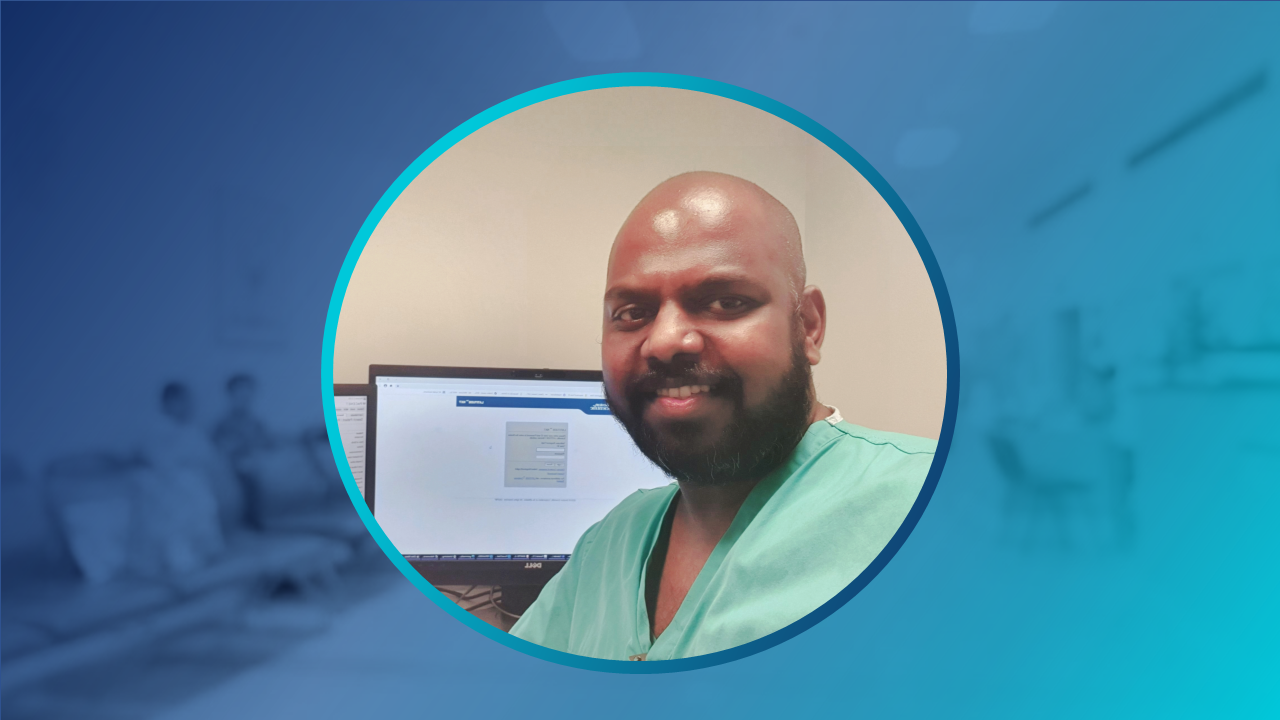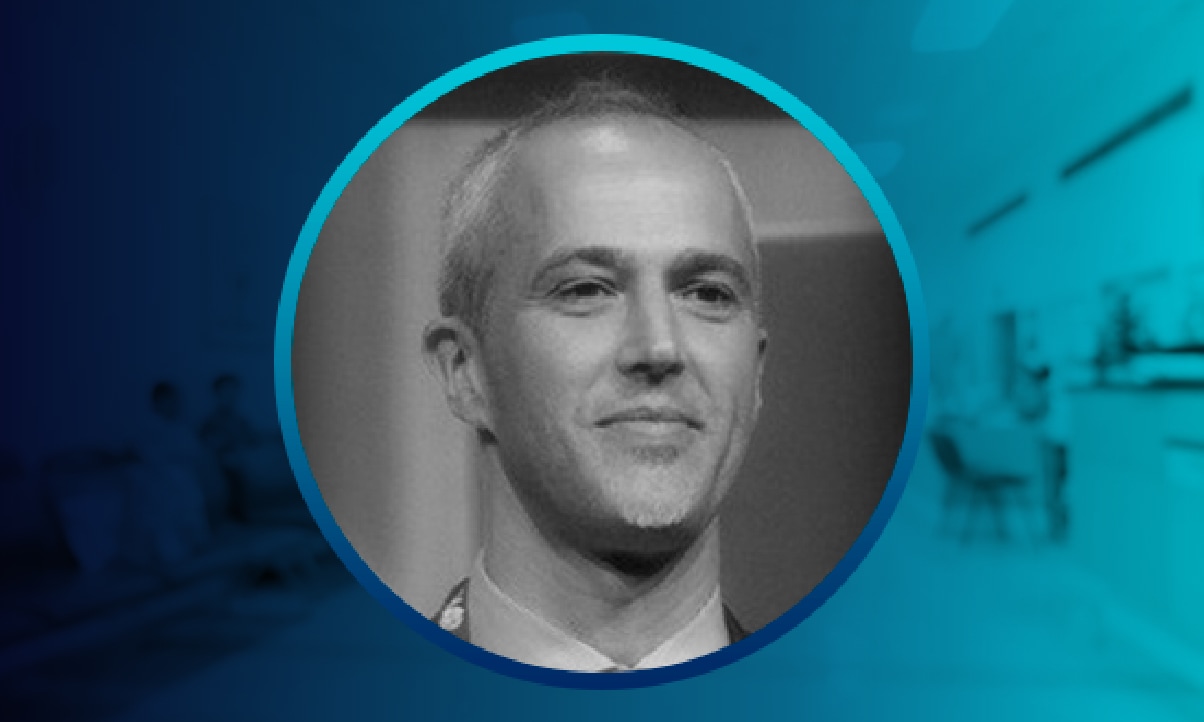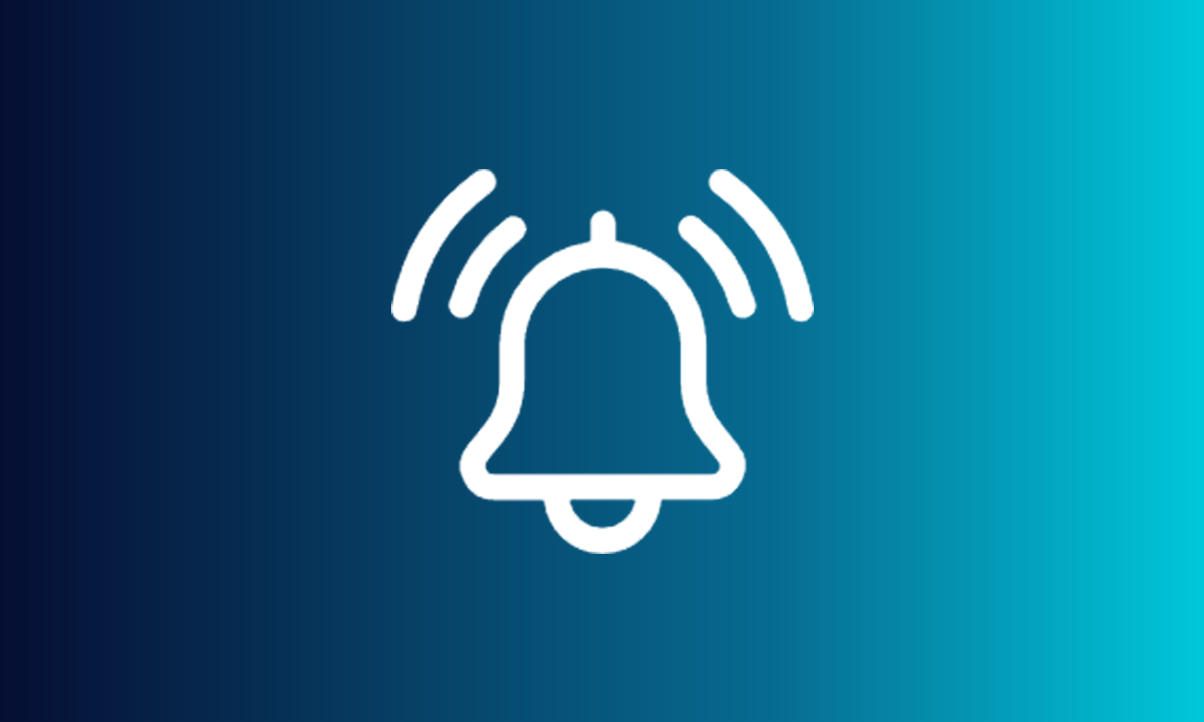Becoming paperless in your pacing clinic
PACENET is the most widely used complete electronic management database for implanted cardiac devices across the NHS. Multiple use cases show that PACENET saves time, minimises patient risk and presents a robust return on investment for pacing departments. PACENET gives clinicians time to focus on their patients and their service.
The benefits to becoming paperless
When a hospital embraces innovation and technology as the foundations of its infrastructure, it opens itself up to benefits that extend across many areas, including:
- Increasing efficiency
- Lowering costs
- Reducing human error
- Providing healthcare professionals with the tools they need to provide the highest quality care

The issues with paper files in a pacing clinic
Traditionally many processes across pacing departments have been completed without the aid of digital support. In 2013 Professor Bruce Keogh, then Medical Director for NHS England, delivered a promise to make the NHS paperless by 2018. Now 3 years after this date, many departments still use paper files despite a range of cost-effective solutions being available.
Managing the implantation and follow up of all pacemakers, ICDs and other implanted cardiac devices has historically been carried out using paper records where each patient has their own individual paper trail, stored in numerous filing cabinets.
Managing countless paper records with this method is incredibly time-consuming; searching for information about a patient is difficult and records are often found to be unavailable when needed. This process is not only inefficient, but creates a significant level of clinical risk. The high probability of human error when entering patient details, locating patients affected by a Medical Device Alert (MDA) and searching for patient records prior to surgery, opens the clinic up to the potential of entering incorrect details, missing patients affected by MDAs and the occurrence of ‘Never Events’. In 2018, NHS Improvement published a review that repeatedly stressed the patient safety risks associated with clinics operating with paper files and the increased risk of Never Events occurring due to transcription errors and records not being made available when needed.
PACENET provides us with every piece of information and functionality we could possibly need to ensure that we can work efficiently, reduce clinical risk and provide help to our patients as soon as possible.
– Piers Wright, Senior Cardiac Physiologist at the Royal Brompton & Harefield NHS Foundation Trust.
How PACENET can support the digital transformation
PACENET provides a total paperless solution to managing the implantation and follow up of all implanted cardiac devices. With PACENET, the clinicians across the cardiology and pacing departments are able to access patient records from any terminal in the hospital and remotely. This means that pacing records are always available, easy to search and complete.
Your patient data can be automatically submitted to NICOR and audits can be completed in a matter of seconds across over a hundred search parameters. According to our own study across our customer sites, responding to an MDA using the paper filing system takes a physiologist an average of 48 hours to identify all affected patients. This lengthy process is also at a high-risk of missing patients due to human error. Using PACENET, it is possible to locate and tag hundreds of affected patients within minutes and track compliance with a defined management plan, giving clinicians more time to spend with their patients.
To find out more about how PACENET can help your pacing clinic to become paperless, please contact a member of our team at contact@pacenetusa.com.
– The PACENET Team


